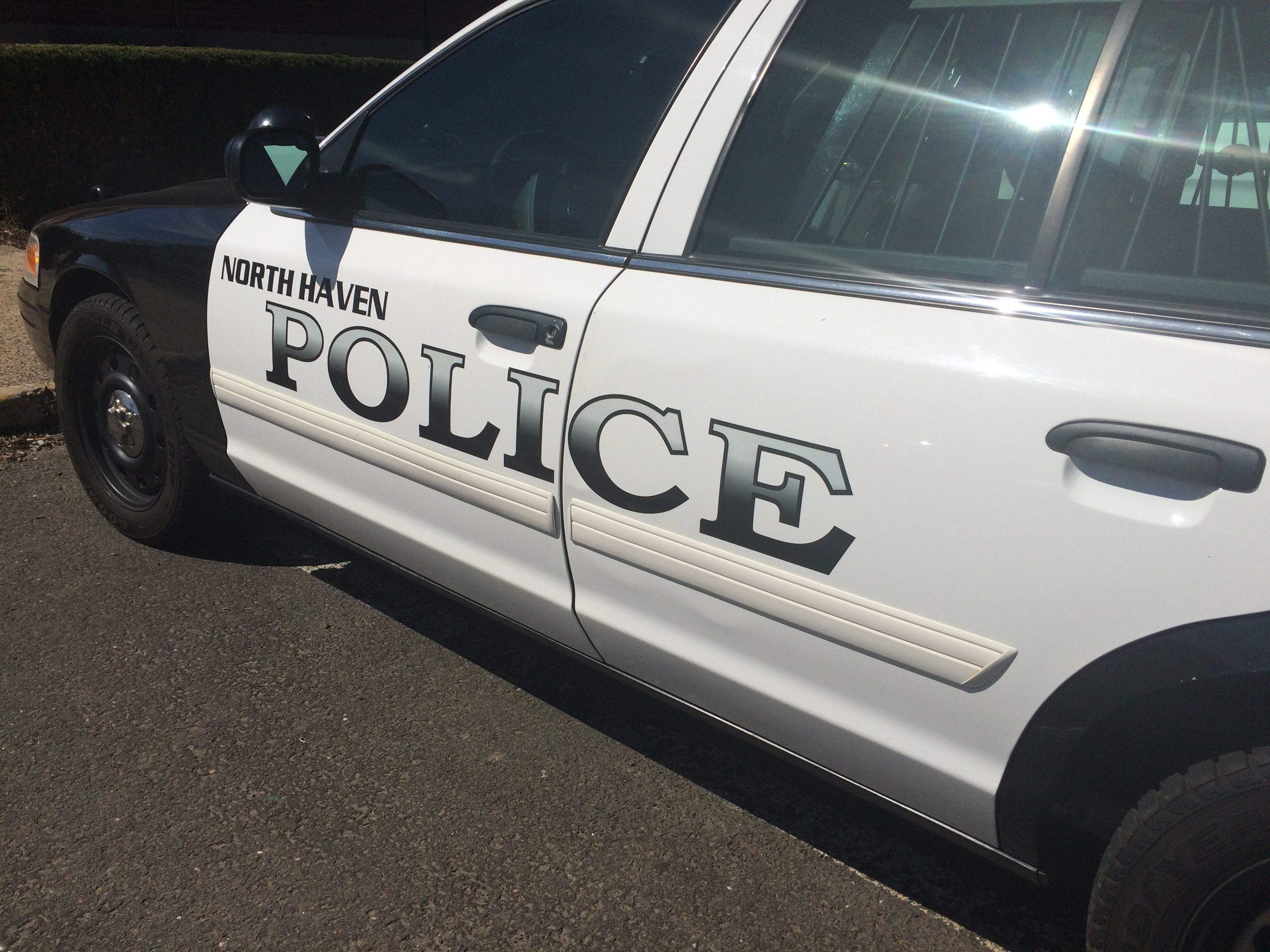After 15 months, more than 10,000 meals, and countless volunteer hours the Groton Community First Dinner Program served its last meals Wednesday afternoon.
"All great things have to come to an end," said Jennifer Meakem, one of the leaders of the meal program.
The team at the Groton Senior Center created the program when the pandemic first started. With the help of sponsors and donations, they were able to fund the $38,000 program. Cars lined up every month to receive homecooked meals throughout the last year and a half.
"Giving back to the community was really what we wanted to step in and do," said Meakem.
Get Connecticut local news, weather forecasts and entertainment stories to your inbox. Sign up for NBC Connecticut newsletters.
Meakem said it meant the world to their team, knowing that families didn't have to worry about a meal for at least one night a month during the Covid-19 crisis because of the program.
Scott Martin said he has come to the distribution every month since it began.
"It means a lot to me and I appreciate what they do," said Martin.
Local
Recently, they say they have noticed the need drop slightly as people get back on their feet. They have also exhausted their funds for the program, according to Meakem.
The Groton Senior Center said they are thankful for all of the volunteers and sponsors who helped make the program happen. The community meal program may be ending, but the senior center said there is still plenty of help available.
"If people are still food insecure, we don't want them to go hungry," said Mary Jo Riley, the supervisor of the senior center. "We also have Groton Community Meals going on in town as well as the food locker at Groton Human Services."
Riley said the senior center is getting funding to do other programs. To learn more about food resources in town, call the senior center at 860-441-6785.
Other meal programs that launched because of the pandemic are also starting to wind down.
Connecticut Foodshare launched emergency drive-thru sites. They have seen 500,000+ cars since the beginning of the pandemic and served more than 12 million meals.
According to the president and CEO of CT Foodshare, their remaining emergency food distribution sites will stay open for a little while longer, but they will also be ending soon.
"Whether it is the end of September, October, November, they will end and that's why people need to know where their local pantries are," said Jason Jakubowski, president and CEO of CT Foodshare. "Those are the types of institutions that will last beyond this pandemic and beyond when we shut down these drive thru distributions."
To find a local food pantry near you, visit this site.



